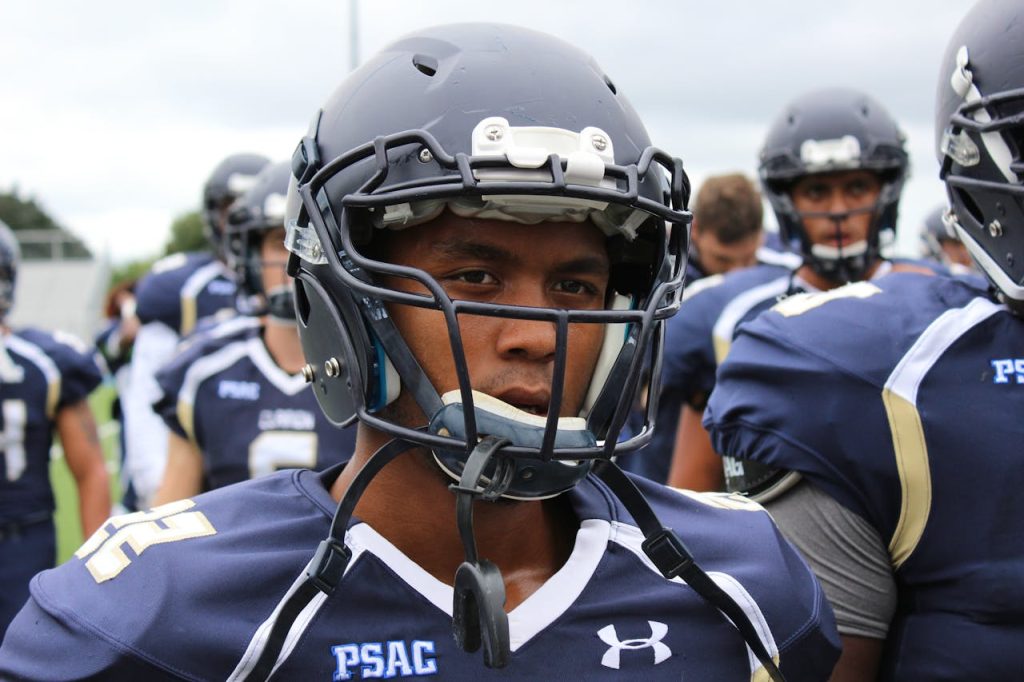
For high school athletes still waiting to commit to a college team, National Signing Day can feel like a ticking clock. It might seem like everyone else has signed their letter of intent, but the truth is that plenty of athletes find their college home later in the year. I was one of them—I committed to my Division I school in the spring of my senior year rather than the fall. With a limited budget and no recruiting service to rely on, I still found a path to my goals, and so can you. Here’s a guide with eight steps you can take to keep your dream alive and continue your journey to becoming a college athlete.
8 Affordable Steps to Keep Your College Sports Dreams Alive
Be Proactive and Contact Coaches Directly. If you haven’t already, start reaching out to college coaches. Craft a short email introducing yourself, explaining your achievements, your desire to play for their team, and why you believe you’d be a good fit. Attach your athletic resume and a highlight reel if you have one. Keep your emails brief and focused, showing genuine interest in each school. Coaches appreciate players who demonstrate initiative and follow up periodically without being overwhelming. A well-timed follow-up shows you’re persistent and truly interested.
Attend Showcases, Combines, and Camps. Although these events can be costly, there are often local showcases, combines, or camps that may be more affordable than large national events. Look into regional or school-sponsored events, which sometimes allow walk-ons or offer financial aid. These events provide a chance to perform in front of college scouts and gain visibility, especially if you’re aiming for a school in the same region.
Stay Academically Strong. For athletes pursuing a late college commitment, maintaining good grades is crucial. Many college coaches seek players who can maintain eligibility without needing extra academic support. Having a solid GPA will also qualify you for academic scholarships, which can make a school more affordable and possibly offset a partial athletic scholarship. Plus, a good GPA is often a tiebreaker when coaches are deciding between multiple recruits.
Use Social Media as a Recruiting Tool. Social media can be a valuable tool to help you market yourself as an athlete. Platforms like Twitter, Instagram, and LinkedIn allow you to showcase your achievements, share highlights, and connect with coaches. Be professional—use your real name, keep content positive, and follow college programs and coaches on your list. Regularly share workout progress, game highlights, and any notable accomplishments. It keeps you on coaches’ radar and shows them you’re actively working toward your goals.
Gather Testimonials from Coaches and Trainers. If your budget is tight and you can’t work with a recruiter, let your network speak for you. Ask your high school coach or personal trainer for a short testimonial about your work ethic, strengths, and sportsmanship. Coaches value players with great character, so including endorsements from respected figures in your athletic journey can help you stand out.
Stay Ready for Opportunities. Many athletes receive offers later in the recruiting cycle as teams adjust their rosters based on who has committed. If you’re serious about playing, continue to practice, stay in shape, and refine your skills so you’re ready to impress if the opportunity arises. Some coaches might even invite you to a tryout or walk-on evaluation, and it’s essential to be prepared physically and mentally.
Consider Different Levels and Divisions. Don’t limit yourself to just one level of college sports. Many athletes thrive and later transfer or make moves to different levels (DI, DII, DIII, NAIA, etc.). You may find that a smaller program or different division offers a better fit both athletically and academically. Keep an open mind and explore all options to maximize your chances of playing at the college level.
Trust the Process and Stay Patient. The journey to a college sports commitment is different for everyone, and some paths take longer than others. If your commitment comes later than expected, don’t let it discourage you. Stay patient, focused, and trust that your hard work will pay off. Even if it feels like time is running out, there are still coaches looking for committed, talented athletes. Remember, getting recruited later doesn’t mean your dream is out of reach—it just means your path is uniquely yours.
Every recruiting journey is different, and it’s okay if yours doesn’t look like the norm. Being a late signee can actually be an advantage, giving you more time to improve your skills, grow your network, and focus on what makes you stand out. Stay focused on your goals, and take proactive steps to put yourself out there—you never know when or how the right opportunity will come.